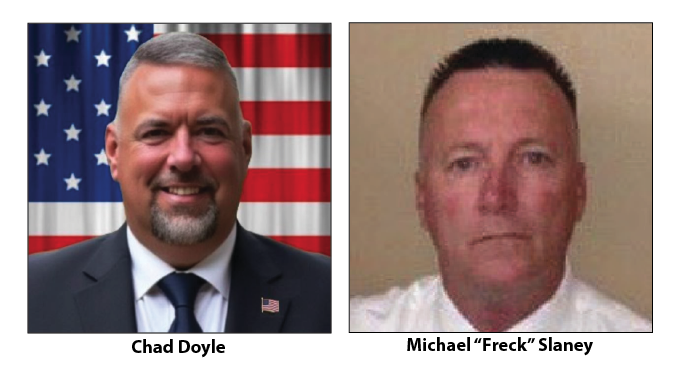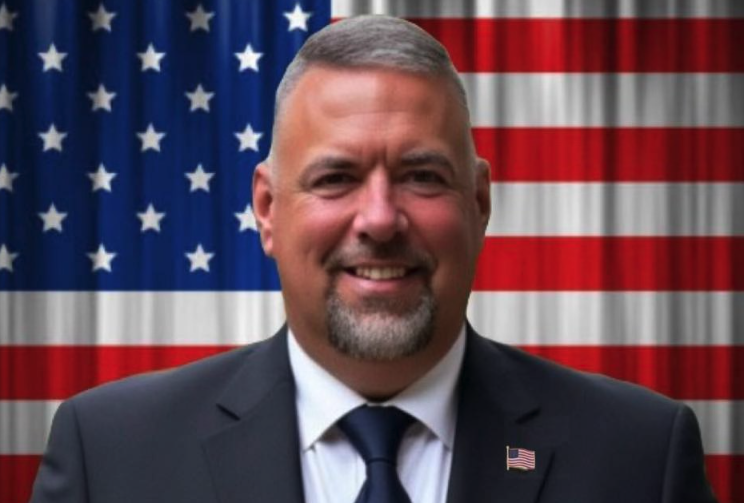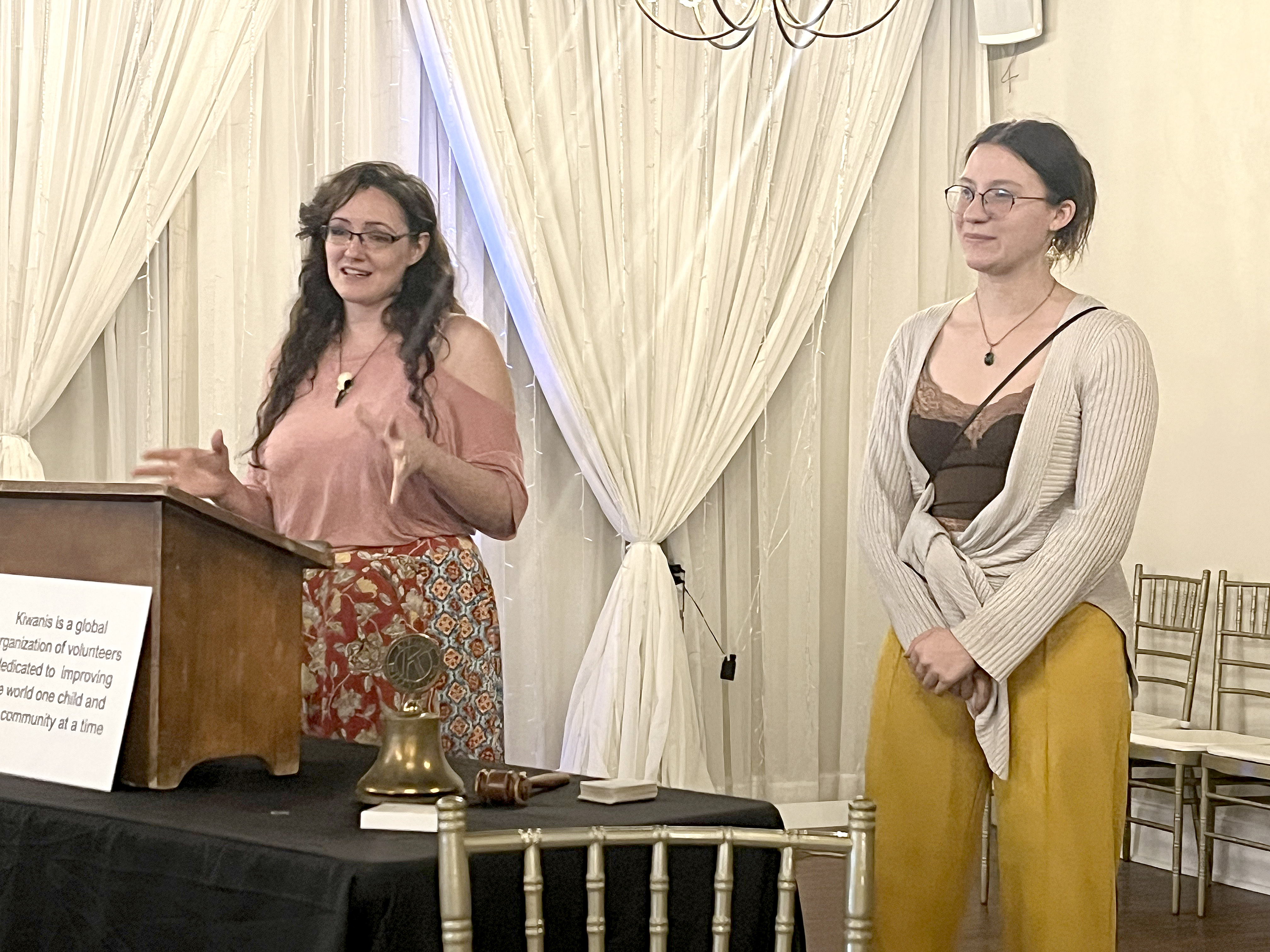Jim Beam column:’We don’t agree. Can we talk?’
Published 6:03 am Wednesday, June 18, 2025
“Be careful what you say here because the sound carries.”
I got that advice one day from someone who was walking alongside me on the indoor track at the Ward 3 Recreation Center on Power Center Parkway and we were talking politics.
The advice I got confirms what the Gallup organization that does polling and other things said in a January news report by The National News Desk (TNND).
Trending
The headline said, “Republicans, Democrats increasingly shedding ‘moderate’ label.” The news report said “our politics are increasingly polarized as Republicans and Democrats are more likely now to view themselves as conservative or liberal as opposed to moderate.”
I have covered the Louisiana Legislature part-time and full-time since 1968, and I have seen moderates in both parties throw in the towel and find other pursuits.
Gallup said Republicans have always been most likely to identify as conservative and in 2023, 77% described themselves as conservative.
TNND said Democrats’ liberal identification has more than doubled over the past 30 years and reached a new high with 55% viewing themselves as liberal.
“Overall, Gallup found 37% of Americans consider themselves conservative, 34% consider themselves moderate, and 25% consider themselves liberal,” TNND said.
Politics have become so polarized it’s difficult to get those who disagree with one another together to hold a courteous and polite discussion. However, The Advocate reported there is a new national movement called “Braver Angels” that is trying to get those who disagree together.
Trending
A Baton Rouge group is bringing locals across the political spectrum together to sit down in the same room to discuss hot-button issues like taxes or birthright citizenship — and ask them not to shout, point fingers or storm out.
David Lindenfeld, the co-chair of Braver Angels of Baton Rouge, said, “We can sometimes view people on the other side as basically the enemy. That back and forth doesn’t really solve the problems and the constant oscillation (movement) doesn’t really get us very far.”
The national Braver Angels organization began nearly 10 years ago following the 2016 presidential election and now has more than 100 “alliances” and 58,000 members, according to the group’s website.
The national group’s board of directors is evenly balanced between the political left and political right. The newspaper said the goal isn’t necessarily to get each side to agree, but to change how they think about each other.
Lindenfeld said, “It’s the idea that you can look upon someone who disagrees with you as someone you could talk to, learn from, contribute to, and have face-to-face contact with. Rather than think, ‘This is a terrible policy and a terrible person,’ you can start opening up to a genuine discussion and break down the defensiveness.”
The Advocate said a specific topic relevant to current events is chosen for each meeting. Then, two debaters of opposing viewpoints — usually with some type of professional background on the subject — make their case as a moderator presides over the back and forth.
They’re allowed a brief presentation explaining their standpoint and are told to refrain from referring to one another by name. Much of the firm guidelines steal their approach from family and couples’ therapy techniques and “give the safe space for political discourse.”
About halfway through the meeting, discussion is then opened up to those in attendance, who can ask questions about a certain viewpoint or share their own thoughts on whatever the subject might be.
Jon Parks, executive director of the Interfaith Federation of Greater Baton Rouge, helped advertise and organize the meetings. Parks said, and I agree, that immigration may be the country’s most polarizing issue.
Parks said, “We value this country. We value our communities and we want the same kind of things. Let’s talk about ways that we can work together to accomplish those.”
I have received many telephone calls and emails during my journalism career from readers who disagreed with something I said in a column. When the two of us have been able to speak to one another civilly, we seldom agreed, but I often got a response that said, “Thanks for listening to what I had to say.”
That is all that most people really want — a chance to be heard.
Jim Beam, the retired editor of the American Press, has covered people and politics for more than six decades. Contact him at 337-515-8871 or jim.beam.press@gmail.com.
| ReplyForward
Add reaction |






